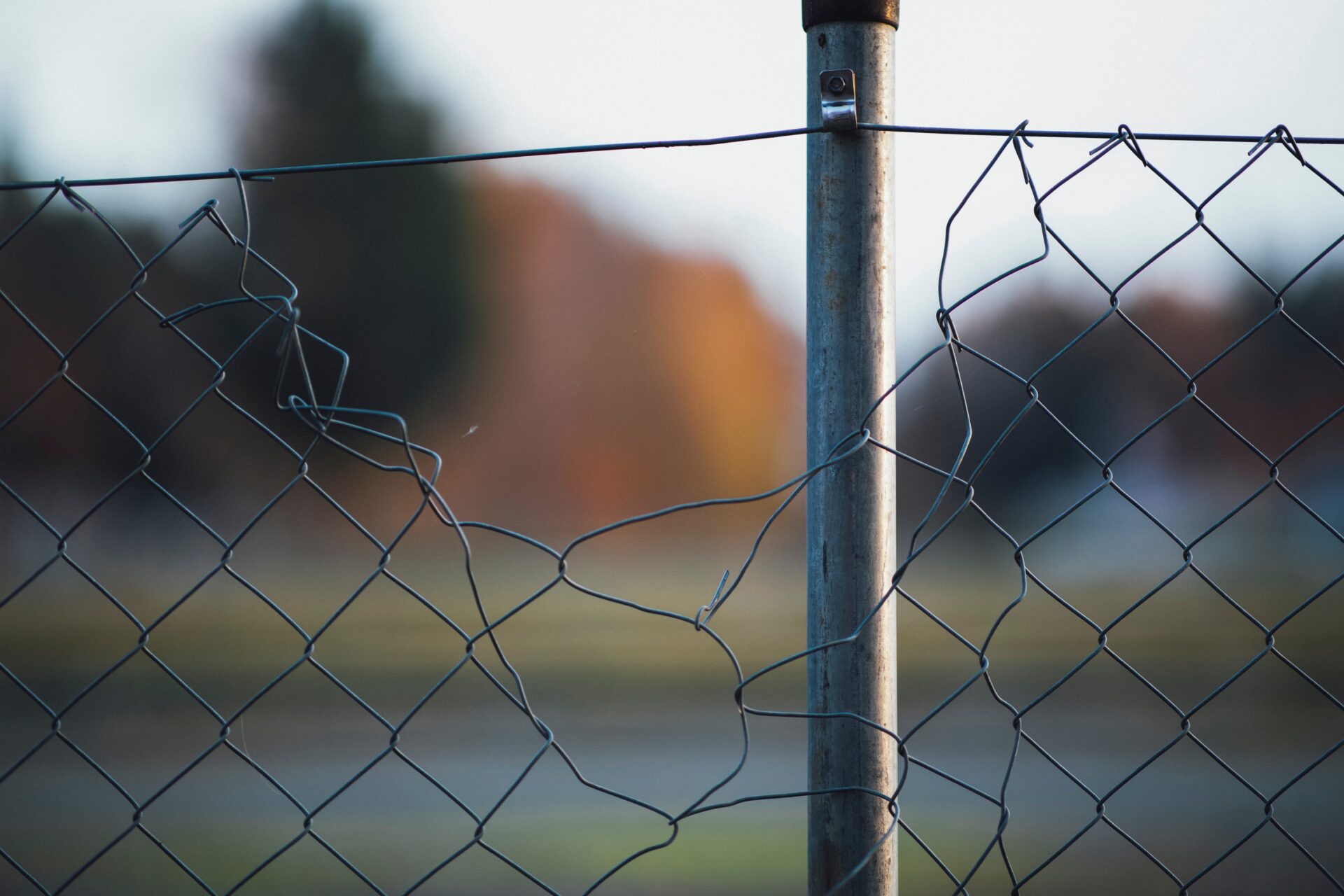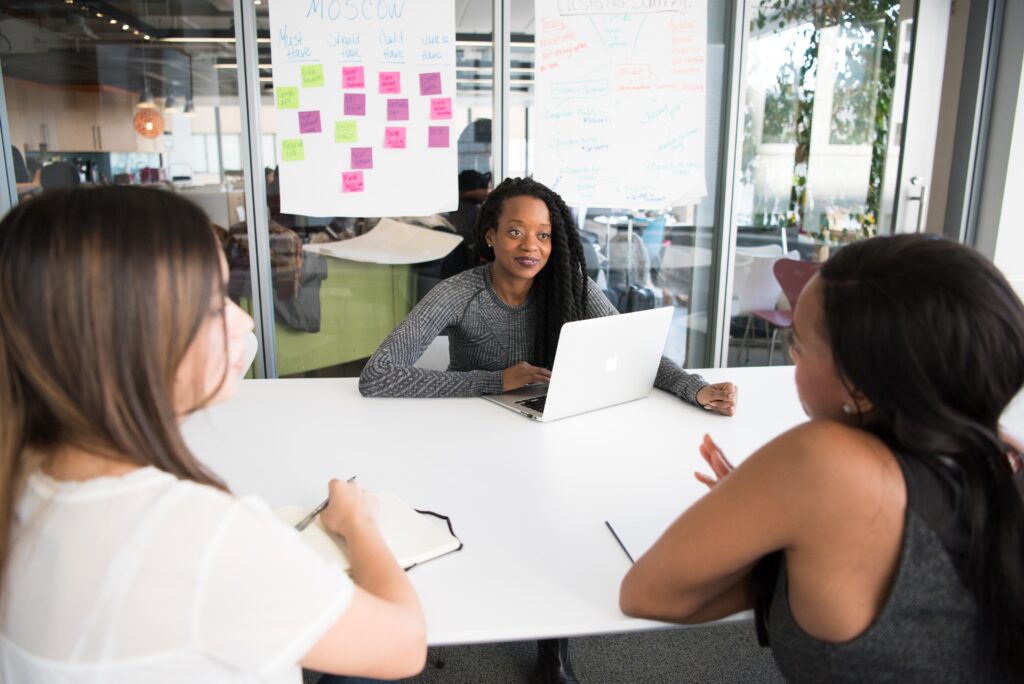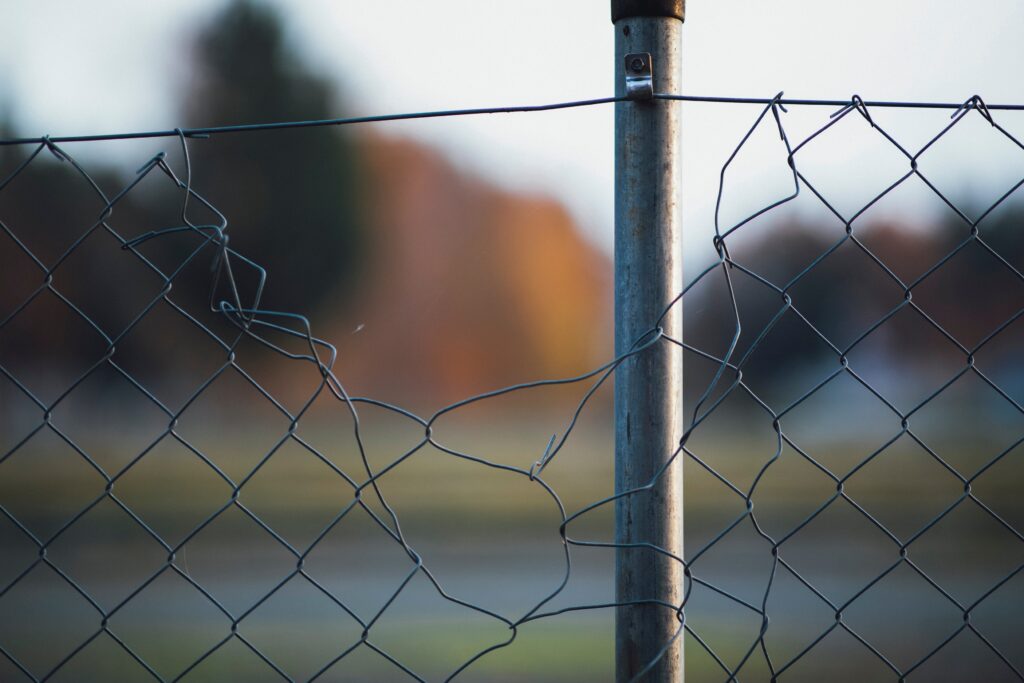In recent years, the U.S. has witnessed an unsettling trend: the erosion of its longstanding democratic norms, especially around elections. Central to this narrative is the growing issue of inequality — economic, social and political. The widening chasm between the rich and the poor, privileged and marginalized, and between various ethnic, racial and social groups, impacts not only the daily lives of Americans but also the very fabric of democracy. Inequality can lead to a sense of disenfranchisement among large segments of the population, and when individuals believe that the system does not represent them or cater to their needs, they are more likely to become disillusioned, disengaged or even hostile towards democratic processes. This disenfranchisement can manifest in various ways: reduced voter turnout, increased susceptibility to populist rhetoric or even support for undemocratic measures.
For journalists tasked with covering the complex interplay between inequality and democratic backsliding, it is crucial to approach the topic with nuance and depth. Reporting should go beyond the numbers and statistics, delving into the lived experiences of individuals affected by inequality. Engage with communities on the ground to understand the daily struggles and systemic barriers they face. Highlight stories of not only despair, but resilience and solutions. Additionally, emphasize the historical and systemic roots of current disparities, and probe the policies and people perpetuating them. By approaching this reporting with empathy, rigor and a commitment to truth, journalists can shed light on the precarious state of American democracy and inspire constructive dialogue and change.
Guides & Best Practices
The Journalist’s Resource
“Covering poverty: What to avoid and how to get it right”
This is a practical tip sheet for journalists covering poverty and people with limited resources. It provides clear takeaways on what to avoid in reporting and writing and how to get it right.
Dart Center for Journalism and Trauma
“Dart Style Guide for Trauma-Informed Journalism”
This is a quick, authoritative reference for journalists working on deadlines. It includes brief evidence-informed guidance on news choices, language usage and ethics in reporting on the impact of trauma on individuals, families and communities; recommendations for appropriate use of terminology; and special considerations when reporting on consequential trauma-laden issues, such as racism and sexual violence.
Society of Professional Journalists
“Finding Your Voice: Reporting on Inequality Fairly and Ethically”
This is a pre-publication adaptation of the book by the same name published by Routledge Taylor and Francis Group in 2019. The condensed guide offers tips and guidance for journalists reporting on inequality from use of the Maynard Institute’s Fault Lines to building resource relationships.
Society of Professional Journalists
Diversity Toolbox
This provides guidance for journalists navigating inequity issues. It includes topics on increasing accuracy through diversity, covering disability issues and word choice.
Center for Journalism Ethics
“Why Should I Tell You?: A Guide to Less-Extractive Reporting”
This provides help for journalists in identifying and navigating ethical dilemmas when interviewing people who have experienced harm or are suffering from societal inequities.
Constructive Institute
“Inequality in Healthcare”
This is a short guide for reporters designed to encourage them to take a solutions-journalism approach to writing and reporting on inequality in health.
Assistance
There are several reputable organizations, institutions and government entities that offer research, insights and data useful for understanding and covering a wide variety of inequalities. Here are some that journalists might find useful:
Pew Research Center conducts rigorous, data-driven research on topics such as income inequality, racial and ethnic disparities, religious intolerance, gender gaps and more. Their findings often serve as a foundation for journalistic reports and academic studies.
The Poynter Institute is a nonprofit organization that offers a variety of courses, tools and resources for journalists, including topics related to inequality and ethical reporting.
The Solutions Journalism Network champions solution-focused reporting, while offering tools and training for journalists to cover effective responses to social problems, including those of inequality.
The World Bank provides access to global financial, economic and social datasets. The World Bank’s databases on poverty and inequality are particularly robust.
The United Nations Development Programme‘s Human Development Reports offer detailed statistics on indicators of human development, including data related to gender inequality and multidimensional poverty.
The Organisation for Economic Co-operation and Development offers a range of statistics on income inequality, education, employment and other related topics for its member countries.
The U.S. Census Bureau provides a wealth of information on demographics, income, poverty and more.
Economic Policy Institute is an American think-tank that focuses on the economic conditions of low-income and middle-income workers in the U.S., offering detailed data and reports on wage gaps, labor markets, education and other economic indicators.
The World Inequality Database provides extensive data and in-depth reports on income and wealth distribution from various countries.
Additional Resources
Global Investigative Journalism Network
“Tips for reporters seeking to reveal the scale of inequality” by Rowan Philp
Article
Poynter Institute
“Covering inequality? Here are tips and tricks from the experts” by Chloe Riley
Article
Nieman Reports
“Is movement journalism what’s needed during this reckoning over race and inequality?” by Tina Vasquez
Article
Pew Research Center
“Most Americans say there is too much economic inequality in the U.S., but fewer than half call It a top priority” by Juliana Menasce Horowitz, Ruth Igielnik and Rakesh Kochhar
Article
Quartz
“10 best practices for equitable global health journalism” by Madhukar Pai
and Annalisa Merelli
Article
International Center for Journalists
“How to produce more gender-equitable coverage” by Inaara Gangji
Article/Video



